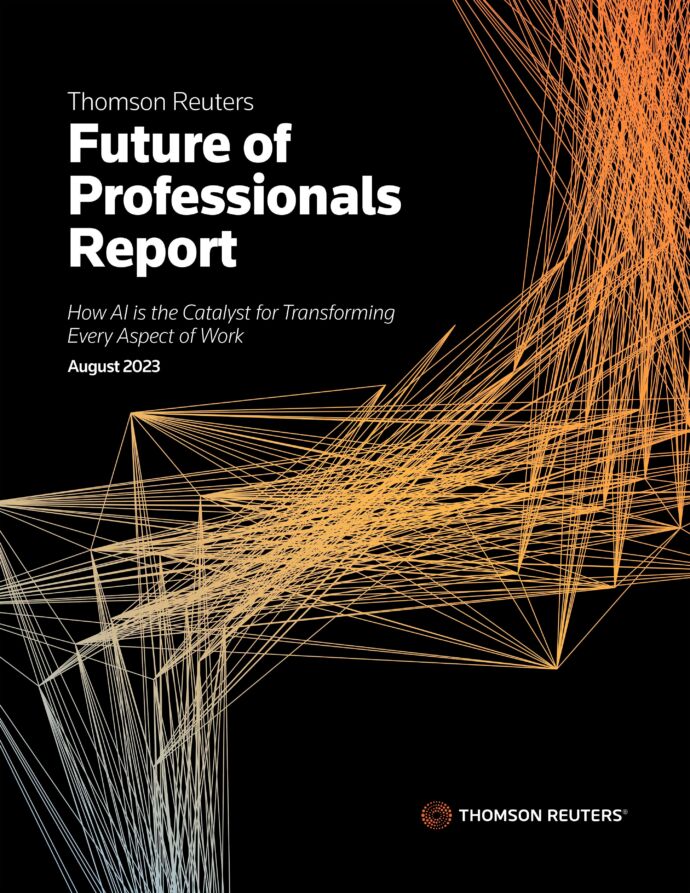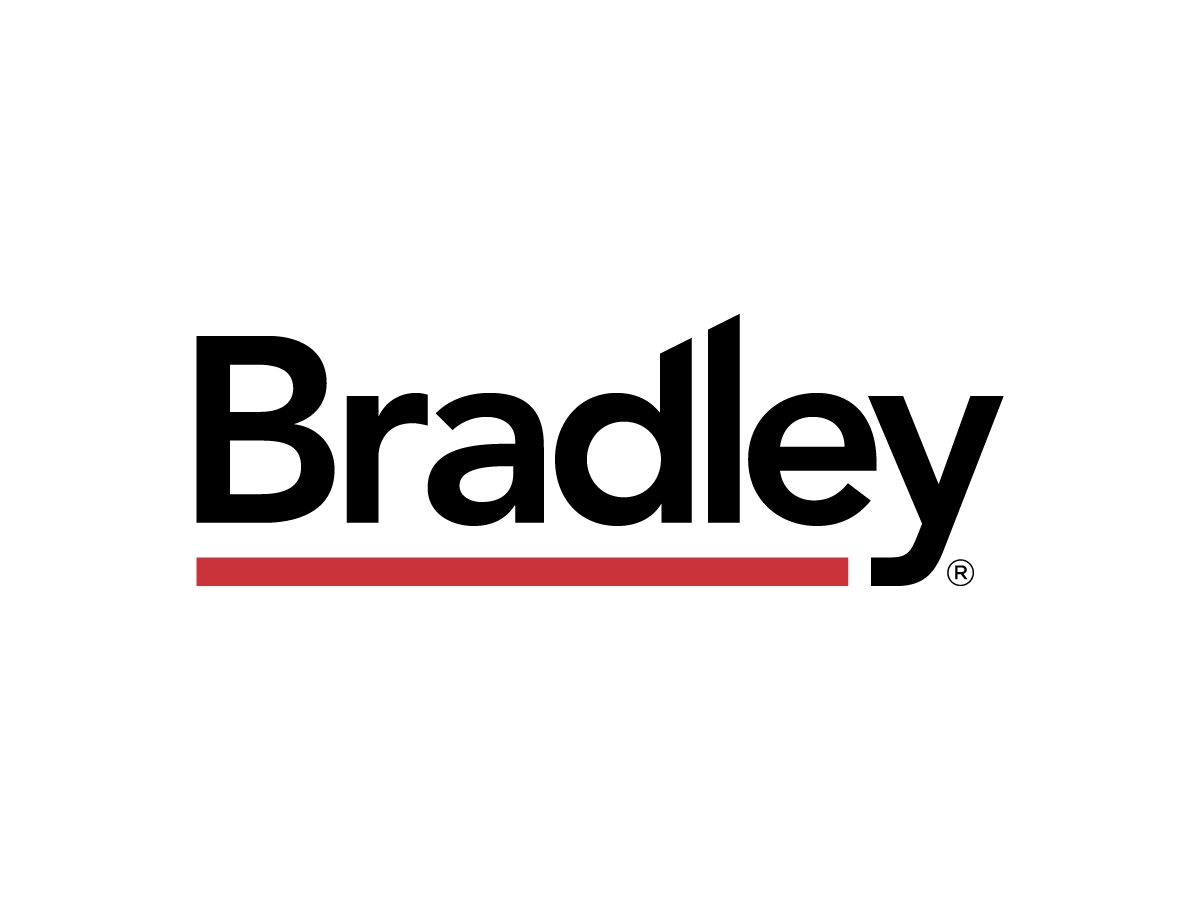CAFC Says Prohibition Against New Issues After Joinder Doesn’t Apply to Motions to Amend
“The CAFC found that Section 315(c)’s language preventing a joined party adding new issues to an existing IPR proceeding did not apply in the context of motions to amend, where patent owners are introducing new claims themselves into the proceedings.”
Today, the U.S. Court of Appeals for the Federal Circuit (CAFC) issued a precedential decision in CyWee Group Ltd. v. ZTE (USA), Inc. affirming the Patent Trial and Appeal Board’s (PTAB) invalidation of CyWee’s 3D pointing device patent claims. In affirming the final written decision, the appellate court found that ZTE’s lack of adversarial nature in inter partes review (IPR) proceedings allowed LG Electronics, a joined party that was otherwise time-barred, to properly oppose CyWee’s motion to amend patent claims.
ZTE’s Lack of Adversarial Nature Allows LG Electronics to Avoid Joinder Limitations
At issue in this appeal are several patent claims from CyWee’s U.S. Patent No. 8441438, 3D Pointing Device and Method of Compensating Movement Thereof. CyWee asserted the ‘438 patent in U.S. district court against several large tech firms including both ZTE and LG Electronics. After a petition for IPR filed by ZTE was instituted at the PTAB, LG Electronics filed its own petition acknowledging that it was time-barred from filing its own IPR petition under 35 U.S.C. § 315(b) along with a motion for joinder with ZTE’s IPR.
While the PTAB granted LG Electronics’ motion to join ZTE’s IPR, it placed several limitations on LG’s ability to participate in the proceedings. Following LG’s joinder, CyWee filed a second motion to amend claims in the IPR, the first having been previously opposed by ZTE. CyWee’s second motion to amend was instead opposed by LG Electronics, who argued that ZTE’s decision to leave CyWee’s motion unopposed meant that ZTE was no longer actively participating in the IPR.
While the PTAB initially denied LG Electronics’ motion, the Board granted it on rehearing, agreeing that ZTE was no longer meaningfully adversarial to CyWee’s revised motion to amend and allowing LG to present arguments and evidence independently of ZTE. In its opposition, LG Electronics cited U.S. Patent Application No. 20100312468 (“Withanawasam”) as prior art challenging CyWee’s revised claims despite the reference being absent from ZTE’s petition for IPR. In finding the challenged revised claims of CyWee’s ‘438 patent invalid, the PTAB ruled that a person of ordinary skill in the art would find it obvious to use the sensor set disclosed by Withanawasam to execute the compilation of software disclosed by other prior art references.
New Claims in Motions to Amend Enable Introduction of New Prior Art Arguments
On appeal, CyWee’s principal argument to the Federal Circuit was that the PTAB erred in allowing LG Electronics to both oppose its motion to amend and to raise a new prior art reference in response to CyWee’s revised motion. While the CAFC quickly found no error in the Board’s conclusion that ZTE was no longer meaningfully adversarial, it took more time to assess CyWee’s challenge to the introduction of Withanawasam as a new prior art reference. In doing so, the appellate court found that Section 315(c)’s language preventing a joined party adding new issues to an existing IPR proceeding did not apply in the context of motions to amend, where patent owners are introducing new claims themselves into the proceedings.
In nixing CyWee’s separate challenge to the PTAB denying its revised motion to amend, the Federal Circuit found substantial evidence supporting a motivation to combine prior art references established by LG Electronics’ expert testimony. That testimony established that a skilled artisan would look to an algorithm-based method for evaluating the orientation of sensors claimed by Withanawasam, which doesn’t itself disclose any algorithm use. Because there was proper support for the PTAB’s motivation to combine finding, the CAFC did not reach CyWee’s separate challenge to the PTAB finding a lack of written description support for the revised claim limitation “cellular phone.” The Federal Circuit further dismissed CyWee’s arguments that it could not meaningfully dispute LG Electronics’ new evidence, finding this contention undermined both by relevant agency procedures and the PTAB’s own orders in this case.
Finally, the Federal Circuit rejected CyWee’s argument that it was denied timely and meaningful Director review such that the PTAB must vacate its final written decision and dismiss the IPR petition. The appellate court noted that it had previously considered but declined such arguments in cases including Arthrex v. Smith & Nephew (2022), In re: Palo Alto Networks (2022) and CyWee Group v. Google (2023).
Steve Brachmann
Steve Brachmann is a graduate of the University at Buffalo School of Law, having earned his Juris Doctor in May 2022 and served as the President of the Intellectual Property […see more]







